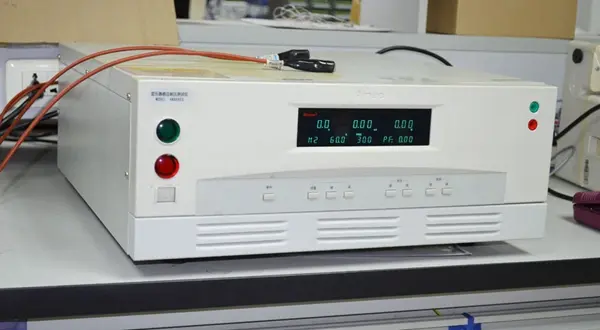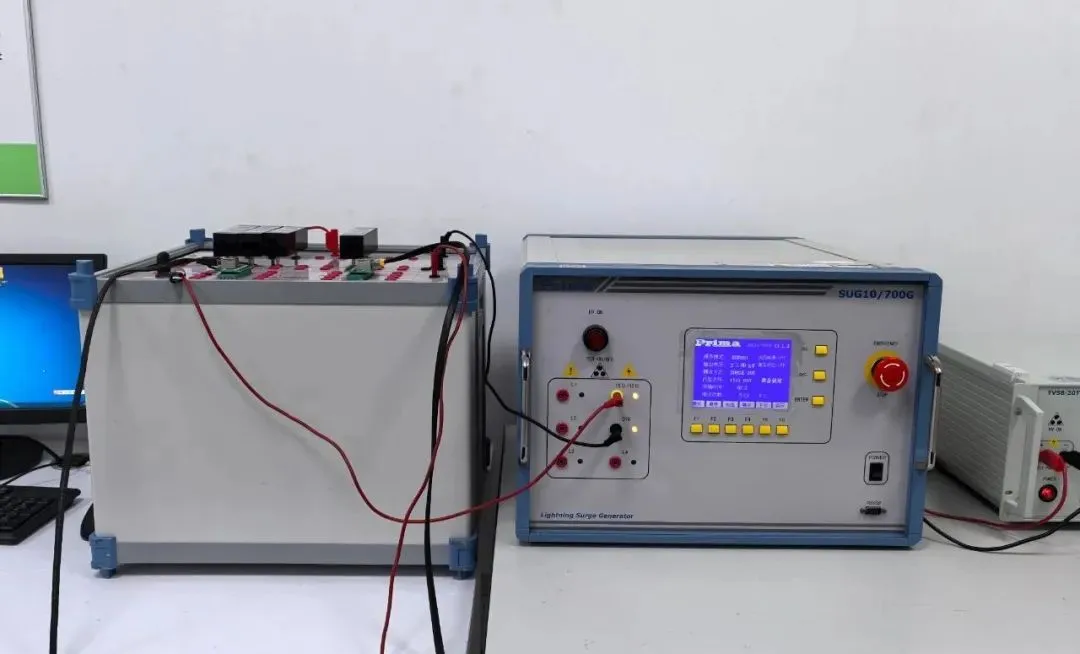
TISI Certification for Hair Dryers in Thailand
Amidst the wave of cross-border expansion, the Thai market, with its vast consumer base and growing econoMIC potential, has become a "hotspot" for numerous hair dryer manufacturers. However, to establish a foothold in this market fULl of opportunities, the TISI certification is a key hurdle that companies must overcome!
In recent years, Thailand's hair dryer market has shown significant growth. According to data from Thailand's Ministry of Commerce, it is estimated that by 2025, the Thai hair dryer market will REACH approximately $150 million. This growth is primarily driven by the increase in household income, the development of tourism, and the rise of e-commerce. As a tropical country with a humid climate, hair dryers are almost a must-have appliance in every household and hotel in Thailand, providing a broad space for the development of the hair dryer market.
In terms of product types, the Thai hair dryer market is mainly divided into traditional hair dryers and ionic hair dryers. Ionic hair dryers, which provide better hair care effects, are increasingly favoRED by consumers.
Additionally, based on price range, the Thai hair dryer market can be classified into low-end, mid-range, and high-end segments. Low-end products mainly target price-sensitive consumers, while high-end products focus more on quality and features.
TISI Certification: The "Passport" to Enter the Market
In Thailand, hair dryers are considered a compulsory certified product. This means that hair dryers without TISI certification cannot be sold in the Thai market. TISI certification is not only a regulatory requirement but also a "passport" for companies entering the Thai market, playing a crucial role in enhancing product competitiveness.
(1) Strict Electrical Safety Requirements
TISI has very stringent electrical safety requirements for hair dryers. The certification tests include electrical insulation, overload protection, grounding protection, high-temperature resistance of insulating materials, safety of power cords and plugs, and more. For example, proper grounding protection is key to preventing issues like electric leakage or electric shock, while overload protection devices can disconnect the power supply in case of overcurrent to avoid circuit damage or fire.
(2) Certification Process and Key Points
The TISI certification process includes application, document review, product testing, factory inspection, and certification evaluation. Companies need to prepare product technical documentation, test reports, factory quality control documents, and other materials, and send the products to TISI-approved laboratories for testing. After passing the tests and evaluations, the product will be granted the TISI certification, which is typically valid for three years.
(3) Strict Testing of Material Quality
After obtaining the TISI certification, companies are still required to undergo regular product inspections and factory audits to ensure continuous compliance with standards. Moreover, if there are changes in the product model or version, companies will need to reapply for certification.
Email:hello@jjrlab.com
Write your message here and send it to us
 Global Certification Guide for Lithium Batteries
Global Certification Guide for Lithium Batteries
 Compliance of Amazon 18650 Lithium Battery Product
Compliance of Amazon 18650 Lithium Battery Product
 What is CE Certification and EU Authorized Represe
What is CE Certification and EU Authorized Represe
 What Are the Lithium Battery Safety Tests?
What Are the Lithium Battery Safety Tests?
 What is the EN 61326-2-3 Standard?
What is the EN 61326-2-3 Standard?
 Why Do Smart Sockets Need IEC 60884 Certification?
Why Do Smart Sockets Need IEC 60884 Certification?
 Why Retest the Device if the 5G Module Already Has
Why Retest the Device if the 5G Module Already Has
 Overview of IEC 62087 Test Standard
Overview of IEC 62087 Test Standard
Leave us a message
24-hour online customer service at any time to respond, so that you worry!




